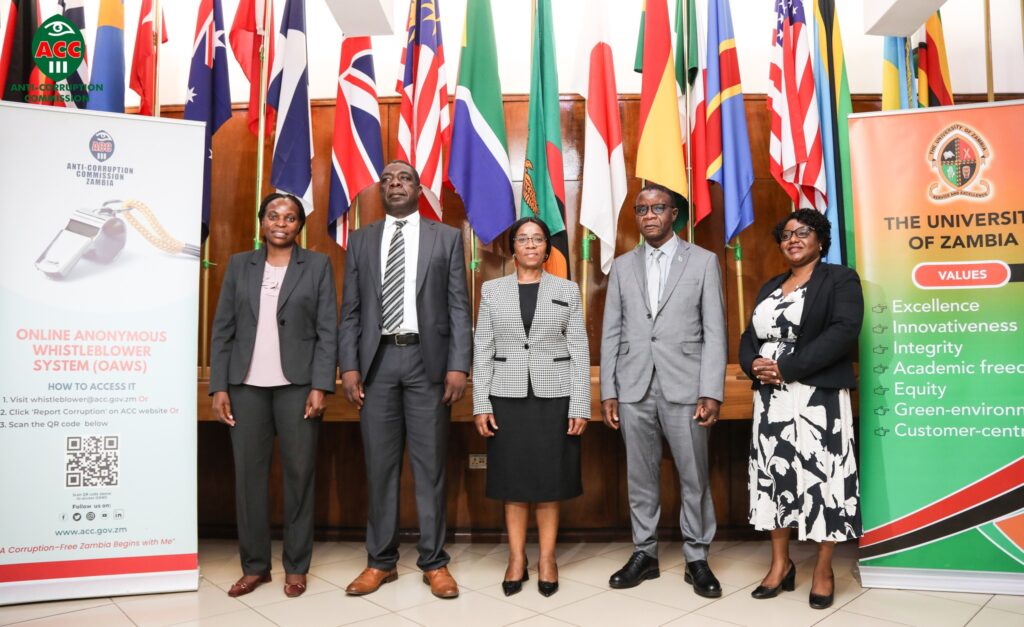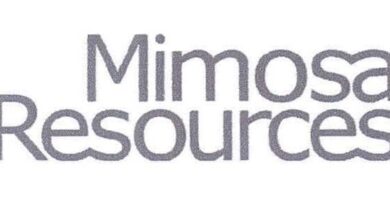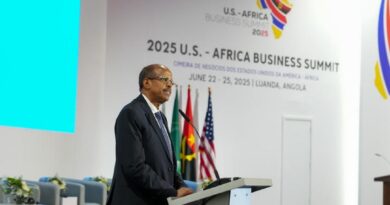UNZA Launches First Integrity Committee to Combat Corruption and Promote Accountability
The University of Zambia (UNZA) has launched its first-ever Integrity Committee (IC) as part of its ongoing efforts to strengthen accountability and curb corruption within the institution. This significant initiative marks a crucial step toward promoting good governance and ethical conduct at Zambia’s premier educational institution.
The launch of the Integrity Committee was marked by a week-long induction training workshop for the newly appointed members and Secretariat, officially opened by Mrs. Daphne Chabu, Director General of the Anti-Corruption Commission (ACC).
Mrs. Chabu praised UNZA management for their commitment to transparency, highlighting that institutions with Integrity Committees have shown notable reductions in corruption and malpractice.
“The establishment of an Integrity Committee is vital in strengthening work processes, improving service delivery, and ensuring compliance with societal and organizational values,” Mrs. Chabu said.
She also shared insights into the broader success of the Integrity Committee program, which, since its inception in 2006, has expanded from just eight pilot institutions to over 240 institutions across Zambia.
The ACC Director General also underscored the critical role of universities in national development and the risk of corruption if not properly managed. She expressed hope that UNZA’s Integrity Committee would serve as a self-cleansing mechanism, helping to combat corruption and maladministration.
UNZA Vice-Chancellor, Professor Mundia Muya, welcomed the formation of the Integrity Committee as a historic step for the university’s governance. “Integrity is the foundation of any credible academic institution,”
Prof. Muya emphasized, noting that the committee’s efforts would contribute to reshaping the university’s culture and ensuring its financial sustainability.
Prof. Muya also acknowledged the growing concerns regarding the university’s governance and reaffirmed the committee’s role in restoring public trust and confidence in the institution.
He thanked the ACC for their support and the induction training, while commending the appointed members for taking on this crucial responsibility.
The induction training, which consists of 17 comprehensive units, will equip committee members with the skills and knowledge necessary to develop anti-corruption strategies, promote ethical leadership, and uphold best practices within the university.
The training aims to empower UNZA’s leadership and staff to foster a culture of integrity that will guide the institution towards long-term success and credibility.



